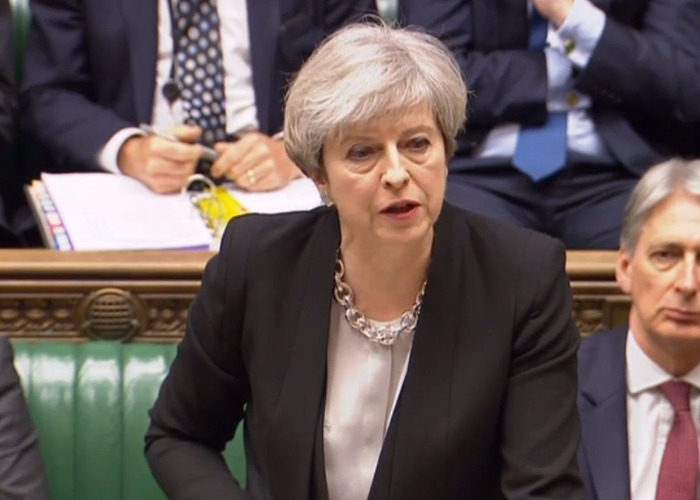Opinion: May’s energy price cap will hit savvy switchers

New legislation will see standard tariffs capped for years, but we think this could be bad news for those who seek out the cheapest deals.
British households could see their energy bills capped for up to five years as part of new legislation being introduced to Parliament today (26 February).
Prime Minister Theresa May says the move, which will see the energy regulator given the power to limit what suppliers can charge customers on standard variable tariffs, will benefit up to 11 million people.
The Domestic Gas And Electricity Bill will only apply until 2020, but can be extended annually until 2023.
Compare gas and electricity deals today
A populist announcement
You can easily see why this legislation will be popular.
Energy prices keep rising, and numerous studies show it’s the elderly and low-income households who are hit with the highest rates.
By limiting the maximum amount the energy giants can charge, you automatically ensure millions will avoid being “ripped off”.
The flipside to this argument is that price caps of any form tend to push up average prices.
By limiting the amount someone can charge for something, you reduce the amount that person wishes to supply.
Likewise, there are fears that a price cap will reduce competition and investment into the sector overall.
However, the purpose of this article isn’t to convince you one way or another whether a price cap is a good idea (as some people clearly believe).
It’s to highlight how we think a price cap might impact on your pockets.
You can search for cheaper energy by using the loveMONEY energy comparison service
Cheapest deals could disappear
The main concern for the Government is that too few people are switching from pricey standard tariffs.
Its own data claims people would save £200 a year by doing so.
If the Government decides people aren’t going to switch themselves, then it wants to bring down energy costs for them.
But if you dramatically reduce the costs for millions (and again, that’s up to you to decide if a cap will achieve this) then logically it means costs have to rise elsewhere.
The most likely area is at the sharp end, where energy suppliers compete for the custom of engaged, regular switchers – like loveMONEY readers.
Most have not been on a standard tariff for some time. So not only would a cap on these deals not benefit those who have switched, but it will be to your detriment if the cheapest deals start disappearing from the market.
What should you do?
As we mentioned right at the start, we don’t really know how this price cap will work. Details are thin on the ground at this point, so it’s hard to say exactly what the impact will be.
If you are worried the best deals will disappear, you could consider locking into a fixed or capped tariff today.
We have our own price comparison service, which will allow you to check a number of deals in your area to find the cheapest for you.
Compare gas and electricity deals today
Read more on loveMONEY:
Hidden cost of 'best buy' financial deals
Comments
Be the first to comment
Do you want to comment on this article? You need to be signed in for this feature